
- Article
- Article
It’s getting mighty crowded
Mid-20th-century population-density research on mice produced a whiskered apocalypse, predicted to become the fate of humans too. But perhaps a more compassionate approach could fend this off.
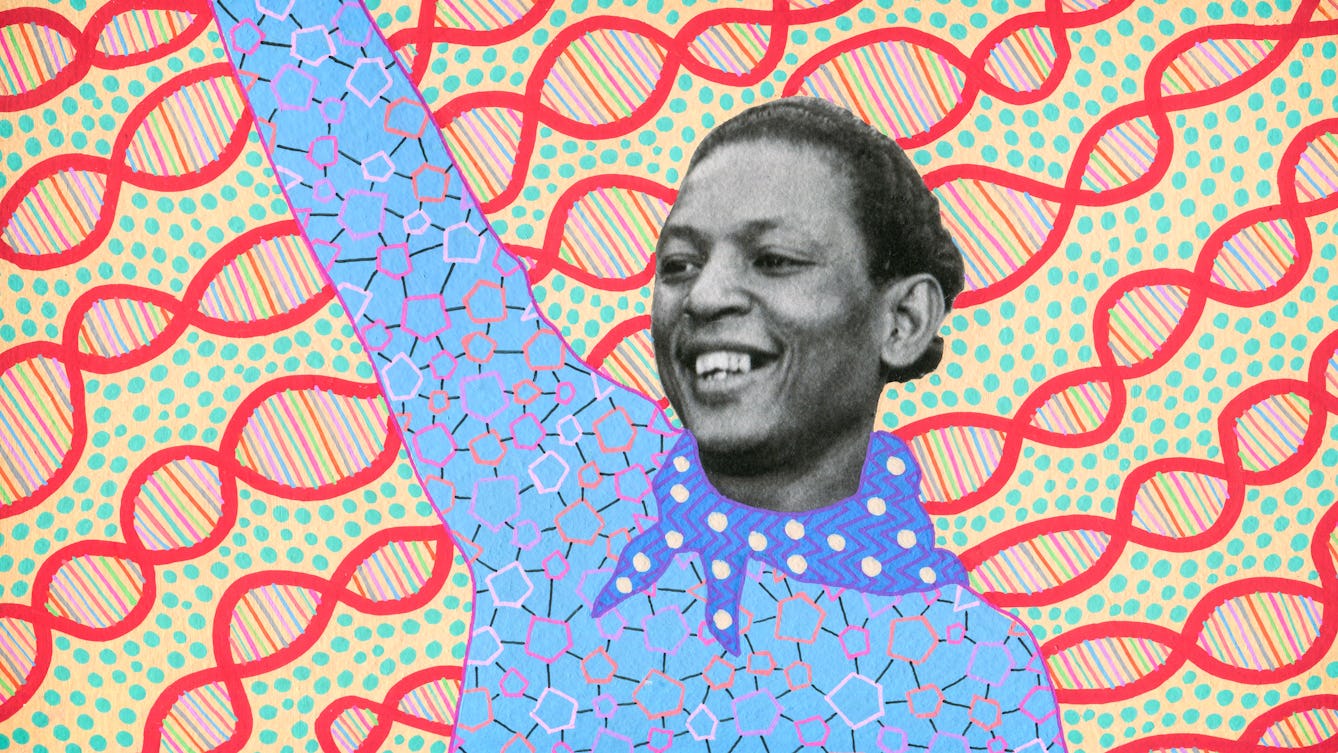
- Article
- Article
Ancestry, privacy and the family tree
Wanting to find out more about her Jamaican grandfather, Tanya Perdikou contemplates DNA testing. But first she has to consider the potential impact of unexpected results.
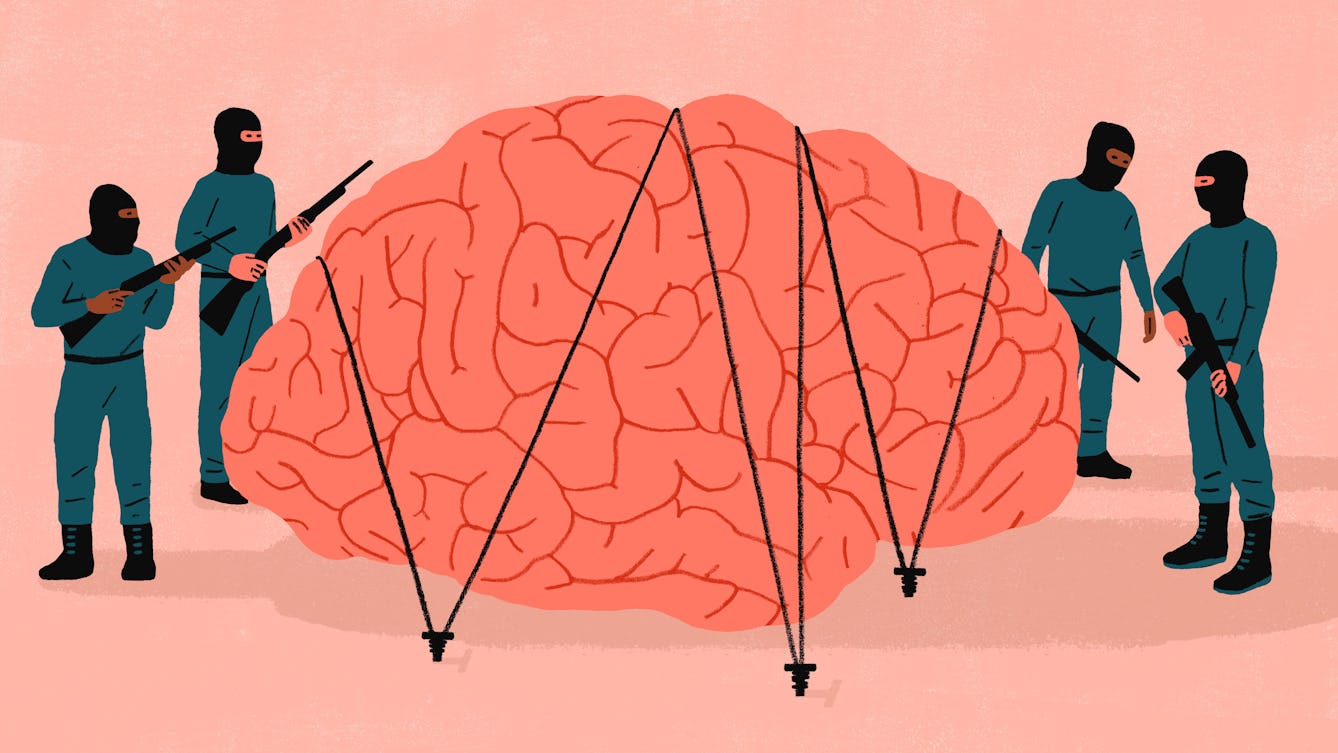
- Article
- Article
Can our minds be taken hostage?
It’s not unusual for captives to end up feeling strong bonds with their captors. But is it a matter of submission or survival?
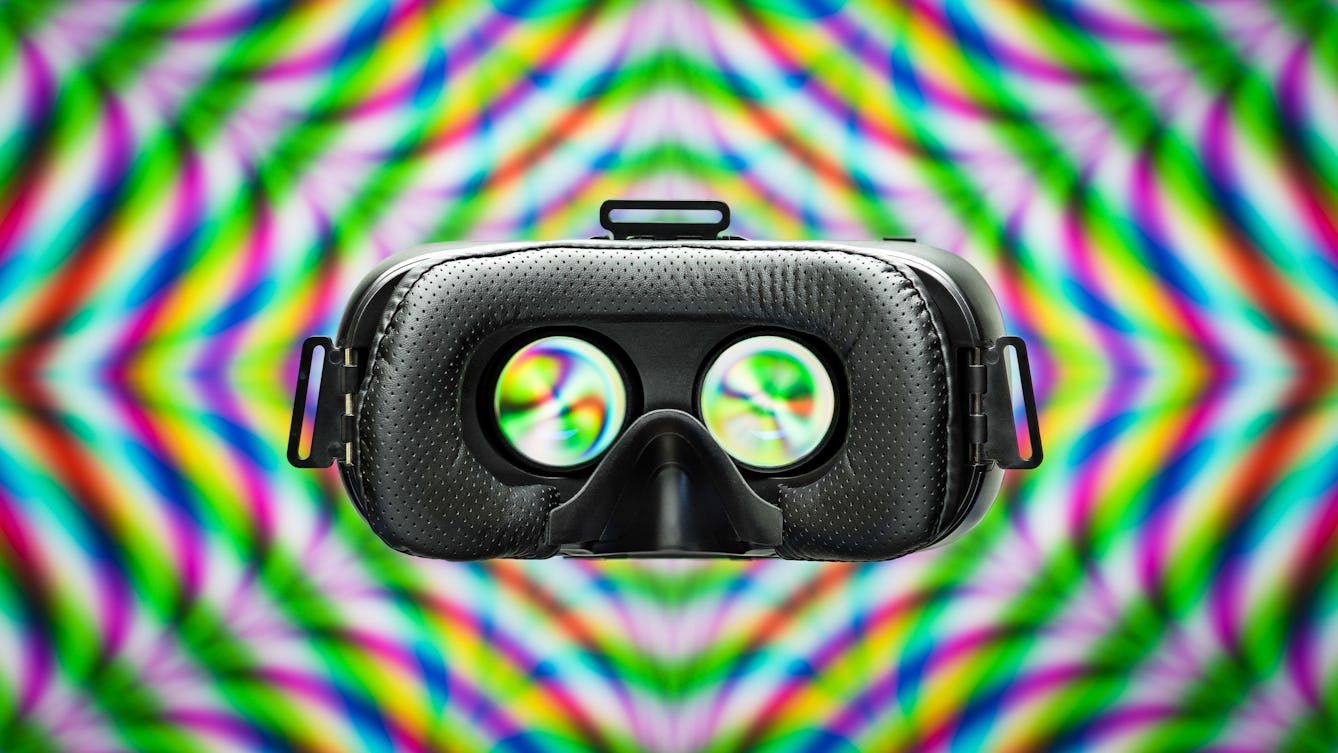
- Article
- Article
Virtual reality and the fix of the future
Virtual reality, with its complex sensory tricks, takes us beyond the real world. Find out how these potentially addictive experiences can harm us – or might even have therapeutic uses.

- Long read
- Long read
Rehab centres and the ‘cure’ for addiction
Guy Stagg takes us on a brief history of rehab centres and their approaches to addiction and recovery.

- Article
- Article
The life and death of Tamagotchi and the virtual pet
Discover how the 1990s craze for Tamagotchis became a flood of robotic and virtual pets, sending their owners on an emotional rollercoaster ride.

- Article
- Article
Epidemic threats and racist legacies
Epidemiology is the systematic, data-driven study of health and disease in populations. But as historian Jacob Steere-Williams suggests, this most scientific of fields emerged in the 19th century imbued with a doctrine of Western imperialism – a legacy that continues to influence how we talk about disease.
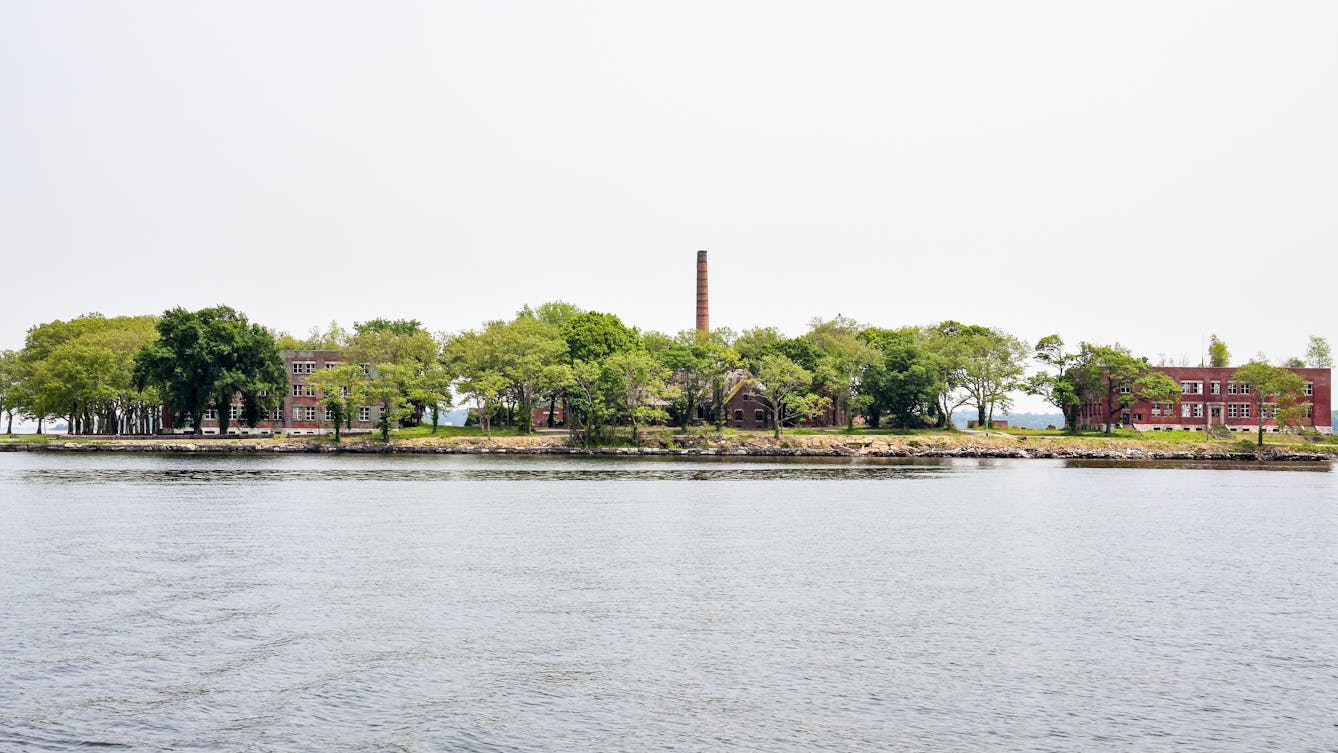
- Article
- Article
The island of unclaimed bodies
In New York, those who live and die on the extreme edges of society are buried on an isolated island, often forgotten and unmourned. But recent legal changes aim to reduce stigma and restore their dignity.

- Article
- Article
How music opens the doors of memory and the mind
People living with dementia can often still listen, perform or move to music. What does this tell us about how memories are formed?
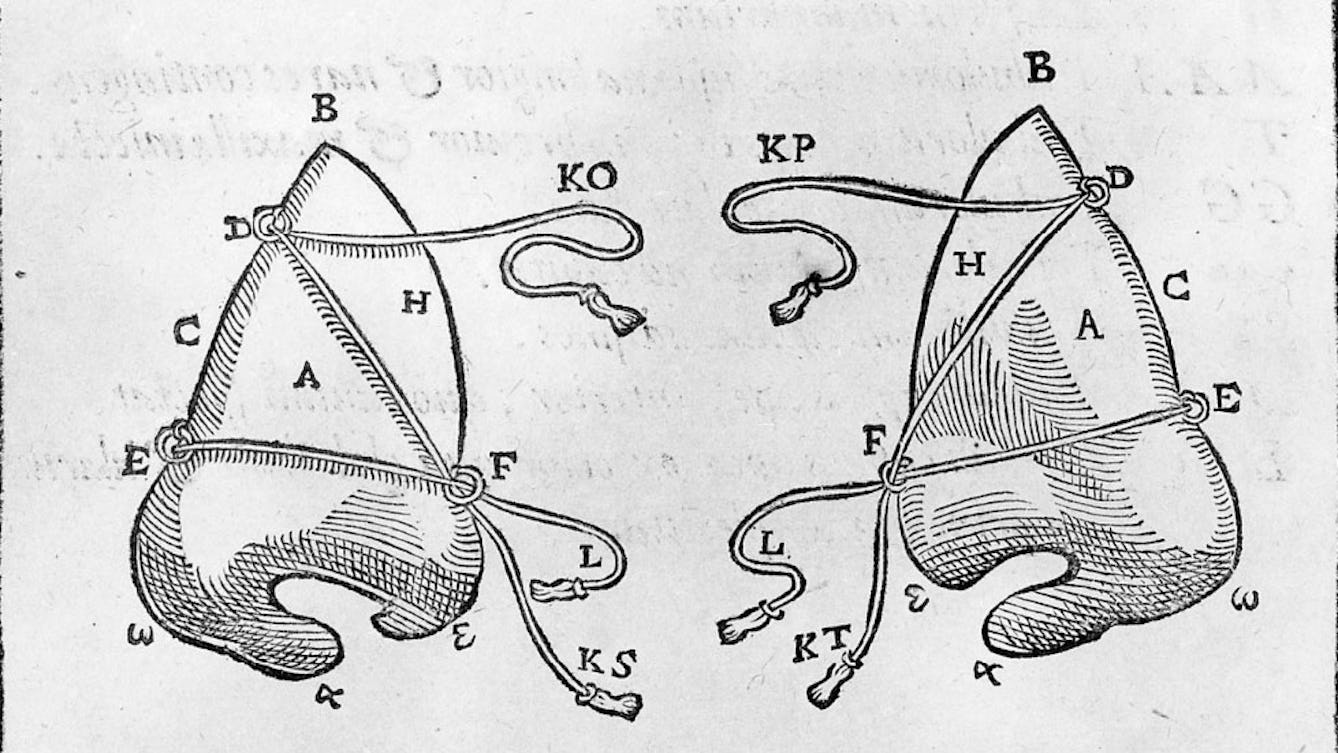
- Book extract
- Book extract
My important, ridiculous nose
The nose is a much-maligned appendage, but it’s a powerful organ capable of invoking powerful emotions from past memories and sexual attraction.